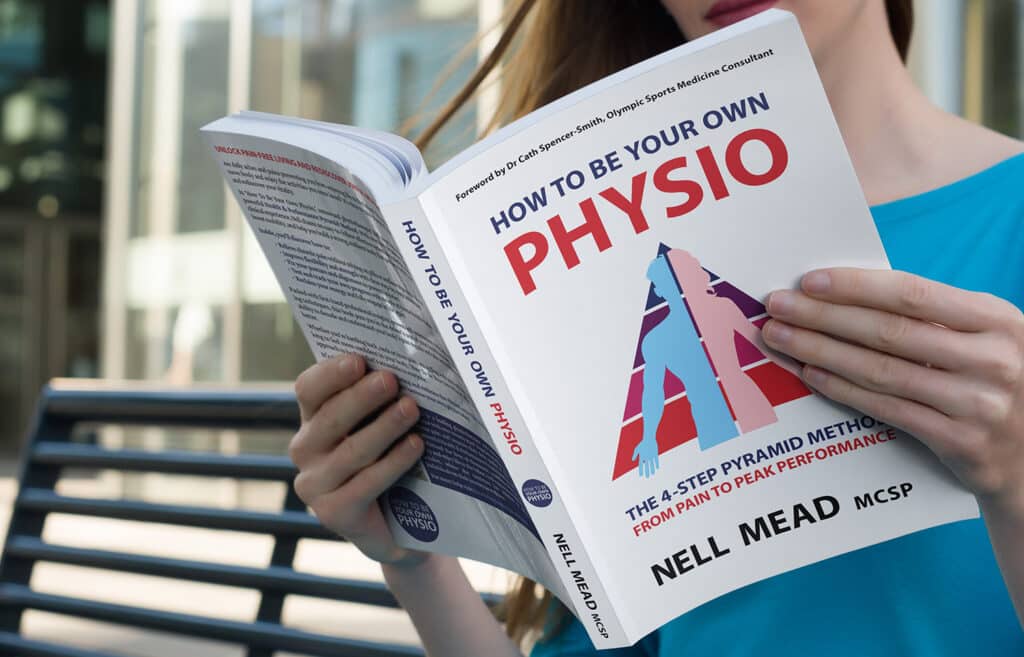Victory’s movement and balance specialist, Elizabeth Banks, is an expert in all things vestibular. You may have heard the word, but what does it mean? And how does it relate to your health? Head of Performance Helen Murawska explains…
What is the vestibular system?
The vestibular system is the sensory system that primarily uses the sense of spatial orientation to coordinate movement with balance. It is located in the inner ear, and uses information passed through your muscles, your eyes, your brain, and even your tongue to detect the type of position you are in or what type of movement you are doing.
Why is the vestibular system important?
All movements require us to twist, rotate, and hinge to varying degrees. Whether you’re moving your whole body, or just one or two limbs at a time, your body is always trying to work out where it is in space (i.e. spatial awareness), and how fast or slow it is moving. So the communication between your muscles, eyes, ears and brain helps to keep you upright, and your vision clear!
This allows you to navigate your world accurately, and therefore make appropriate responses and reactions to what is happening to you.
How can the vestibular system go wrong?
When communication between the different systems breaks down, you get insufficient information or confused messages about how you are moving and what is going on around you. This can cause your body to use pain as a warning signal that it feels like something is not quite right, or it can limit your movement capacity and mobility in an effort to keep you ‘safe’. This can be a very common contributing factor to chronic pain or inflexibility.
Vestibular communication can go wrong for many reasons. Many people have experienced dizziness and loss of balance following an inner ear infection for example. People who wear glasses can find that their balance is immediately reduced when they take their glasses off, or that wearing glasses can reduce chronic neck and shoulder pain. There can be many other factors and symptoms associated with having a dysfunctional vestibular system. It can also often manifest as muscle and joint pain, or even fatigue.
How do we assess the vestibular system?
Due to the huge variety of symptoms associated with this system, there are also a number of ways we can test its function. This may include muscle testing, or specific balance testing with eyes open and eyes closed. There are also reflexes and reaction tests we can perform to assess how accurately and efficiently your vestibular system is working.
How do we treat the vestibular system?
Depending on the findings of the assessments, we may need to work on not only strengthening certain parts of your vestibular system but also working on how well they communicate with other parts to create an accurate picture of your body and how it is moving. This can lead to reduced stiffness as your body permits you to move more freely as it feels less threatened by the environment; reduced chronic pain as certain areas may be under less load; and improved power output or control or movement as your ‘signalling’ is better.
If you are interested in finding out more, or if this already sounds like something that may be of benefit to you, call us on 0207 175 0150 today to book your initial 90-minute assessment with Elizabeth.







